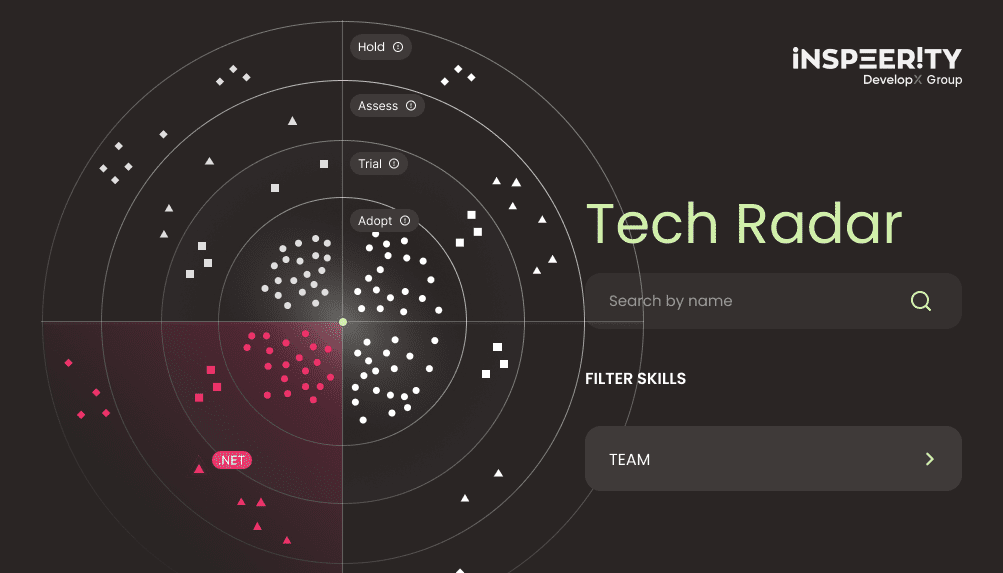Often people view a discovery meeting as just another chance at a sales pitch, but is this the case? In short, no!
Let me tell you why I think a discovery meeting is essential and address some of the concerns you may have. I will explore the purpose of the meeting, who will attend, the topics covered, the duration of the meeting, and what the expected outcome is. I will also discuss how the information gathered during the meeting will be used, whether there will be follow-up meetings or communication, and how your needs and requirements are understood, as well as advice on how to prepare for the meeting.
Table of contents:
- Goals of a discovery meeting: the importance of two-way communication
- Preparing the discovery meeting agenda: questions to consider
- Length of a discovery meeting: making the most of the time
- Tips for a successful meeting
- What to expect after the discovery meeting
- Who attends a discovery meeting?
- Understanding the importance of a discovery meeting
Goals of a discovery meeting: The importance of two-way communication
The focus of a discovery meeting is to gather as much information as possible on both sides. This is a two-way street. This information is used to build a better understanding of your current problems and concerns. And with this, software companies can provide information on the next steps and services.
I’ve lost track of the number of times that people attend these meetings expecting a long-winded sales pitch. Only to be surprised about the outcome.
So, what is a discovery meeting? Think of the meeting as a fact-finding mission. By getting a clearer picture of your goals, we can understand what services are the best fit. The meeting also provides the opportunity to decide whether the partnership is worth exploring further.
Preparing the discovery meeting agenda: Questions to consider
The discovery meeting is a chance for both sides to share information. It’s a great opportunity for you to discover how it works in Inspeerity. So, get those questions ready. It’s also the time Inspeerity discovers more about you. Expect to talk about the following areas.
- Who you are, as a customer? What is your business?
- What past experiences have you had?
- What are your needs?
- What are the challenges you would like to solve?
- How can we help you?
- And what this help would look like?
- How do you see the long-term goals of the project?
- What would be the next steps if we could help?
Length of a discovery meeting: Making the most of the time
Normally, a discovery meeting lasts somewhere between 30 and 60 minutes. As sometimes you would like to learn on the spot how we could address some of your needs, as well as get to know us better. Before the meeting, we do our “homework” and find out as much as possible about your company and yourself. Discovering more about the situation means we can address your solution, establish what might be needed, and tailor the meeting around you.
We prepare questions based on your company, which aim at understanding your problem from the start. This helps the meeting to be more successful in the end.
This is where you can help the process. Share as much information as possible before the meeting. You can see some of my top tips in the next section.
The more we know before the meeting, the more productive it will be. We still take the time to research your product/service, but usually your web page does not tell much about your challenges. As a result, we are left unsure about the problems that need to be solved. This means we are left guessing, rather than focusing and talking through your real needs.
Tips for a successful meeting
To help the meeting flow better, take the time to think about what you want to achieve. Come to the meeting with a clear idea in mind. I can’t stress enough how even having a small example can help get the software journey off to a good start. Think about the following areas and share them before the meeting starts.
- Share the main insights and needs identified from your user research. This provides a clear understanding of your product/service.
- Describe the expected complexity and key features of your product, outlining its intended functionality.
- Share examples of existing platforms that align with your vision to give the team a tangible understanding of your expectations.
- Communicate your growth expectations to ensure the tech stack and design can accommodate future expansion.
- Specify your needs, don’t skimp on the details. Explain what you want the project to do. This helps to answer the why.
- What tech do you already use? Understanding what you already use helps to discover the right, compatible, tech stack.
- What do you want to achieve in the future? Giving long-term goals will help the team discuss scalability.
- What are your expectations? Think about what you expect to happen.
- What technical problems do you already have? Giving a detailed description of existing problems helps to decide the right solutions.
- Be prepared with a list of your questions. You may find some useful examplestop questions asked by clients here.
And finally,
- Have an idea about the solution.
But don’t be surprised if our experts suggest a different way from what you expect. Sometimes your ideas might not be the best direction for your business needs. Use the know-how of Inspeerity and our architects to discover the best way forward with your goals.
What to expect after the discovery meeting
You made it through the discovery meeting, but what happens next? I often hear that people are concerned whether their ideas were listened to, or whether the company has understood your business needs.
If the company is a good fit to help you, expect the following:
- A summary Email detailing all the information gathered during the meeting. This is to confirm that the information is correct. And expect this fast – even the same day. From this, we can propose the next steps and arrange time slots for any follow-up meetings.
You can also expect to receive:
- Cost estimation
- Information matching the software delivery process
- Relevant case studies
Another potential next step is once we have agreed on the details of the discovery meeting and everyone is ready to move forward. And the client is ready to share their documentation,
- An NDA from our side, to make sure that all information you share is protected.
Making sure all the information is correct and making sure everyone is on the same page will give the software process a better start. It means that the proposed next steps, including technology and proposed solutions, will be a better fit for your project.
Curious about the next steps? We‘ve already described our partnership process here.
Who attends a discovery meeting?
Depending on your requirements, the representatives in the meeting may change. You may expect to see one sales representative, a technical lead, or a business development manager, depending on the information you shared before the meeting.
The sales representative is responsible for understanding your business and answering your questions.
The technical lead provides technical expertise and assists in addressing any technical concerns the client may have.
The business development manager provides insight into the company’s business strategies and how they can benefit the client.
Each person contributes to the meeting by bringing their knowledge to the table and addressing any concerns the client may have. Involving different people from different backgrounds means that we can get a better understanding of your product/ service and where to go next in the software development process.
Understanding the importance of a discovery meeting
A discovery meeting is a crucial part of the software development process. It is not a place for a sales pitch, but a fact-finding mission to better understand your needs and requirements.
It builds an understanding on both sides, it validates if a potential partner is a good fit to help you, and it can build the trust necessary to take the next steps.
Start by taking the time to provide information and have a clear idea of what you want to achieve. Inspeerity picks up from there and tailors the meeting based on your needs and will prepare questions to understand the problem from the start.
Building an understanding of each side means that your software development journey will be delivered to match your expectations and ultimate goals.
Book your Discovery Meeting with us and find out what value it can bring to your business.




